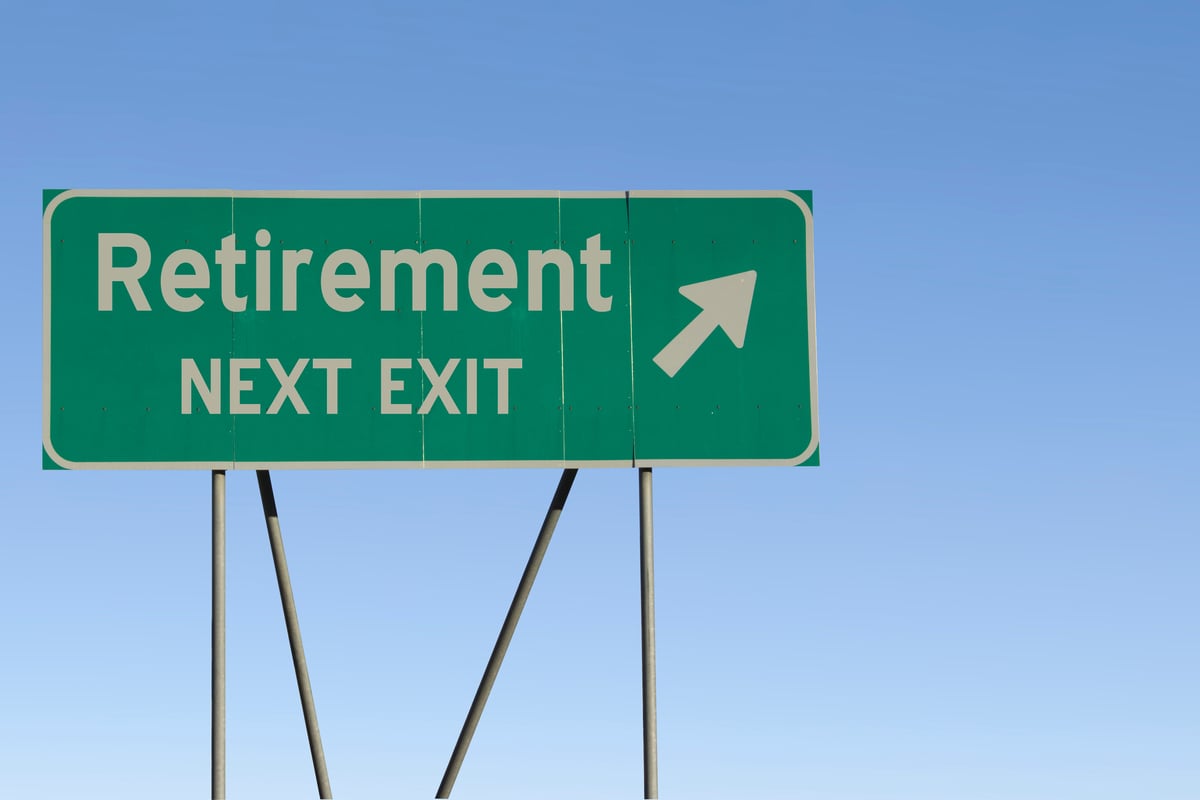As COVID-19 ravages the U.S. economy, many companies are looking for ways to cut costs. Some may resort to halting 401(k) matches for a period of time, while others may take steps to reduce their headcount -- and that includes giving older workers the incentive of early retirement packages.
It can be tempting to say yes to an early retirement offer if there's money in it for you, and if you were toying with the idea of wrapping up your career before the COVID-19 crisis took hold. But before you say yes, consider the following factors.

IMAGE SOURCE: GETTY IMAGES.
1. What does the package entail?
There are no hard and fast rules as to what payout or benefits you're entitled to if you accept an early retirement package. In some cases, you might get many months' worth of salary, plus the option to stay on employer-sponsored health insurance for a period of time. Or, your employer's offer may be more stingy. Take a look at what's on the table, and don't hesitate to negotiate. Also, make sure you're being paid either way for any unused vacation or sick time you may have accrued so far this year or carried over from the previous year.
2. Are you old enough for Medicare?
You may have the option to stay on your employer's insurance for a period of time after ending your job. But what happens after that? Medicare eligibility doesn't begin until age 65, so if you're much younger than that, you'll need to figure out how you'll get health insurance. If you have a working spouse with a group health plan, that's an option. If not, you may have no choice but to buy coverage on the health insurance marketplace, which could prove way more expensive than anticipated.
3. Will leaving your job now impact your Social Security filing?
You can file for Social Security as early as age 62, but you won't get your full monthly benefit based on your earnings history until you reach full retirement age, which is either 66, 67, or somewhere in between, depending on your year of birth. Furthermore, you're allowed to delay your filing past full retirement age, and for each year you do, your benefits increase 8%, up until age 70. Leaving your job right now may create a scenario where you're claiming Social Security earlier than expected, which could result in less monthly income from it for life. Of course, if you have ample savings and a generous package from your employer, that may not come into play, but make sure you understand the ramifications of potentially having to claim benefits right away, or earlier than you'd like to.
4. Can you pay your bills for a while without tapping your retirement savings?
The stock market got battered by COVID-19, and while there's been some recovery as of this writing, most portfolio balances are nowhere close to where they were at the start of the year. And there lies the danger of retiring right now: If you do, you may have to liquidate investments in your retirement plan to pay your living expenses, thereby locking in losses rather than giving the market time to recover. Therefore, think about whether you can afford to cover your bills without touching your savings for, say, the rest of the year. If you're getting a generous payout from your employer and have healthy cash reserves, that may be possible, but it depends on what your package and bank account balance look like.
If you've been unhappy at work for quite some time, or like your job but are simply ready to be done with it, then an early retirement offer may hold appeal. Just be sure to look at the big picture and think things through before accepting it.





